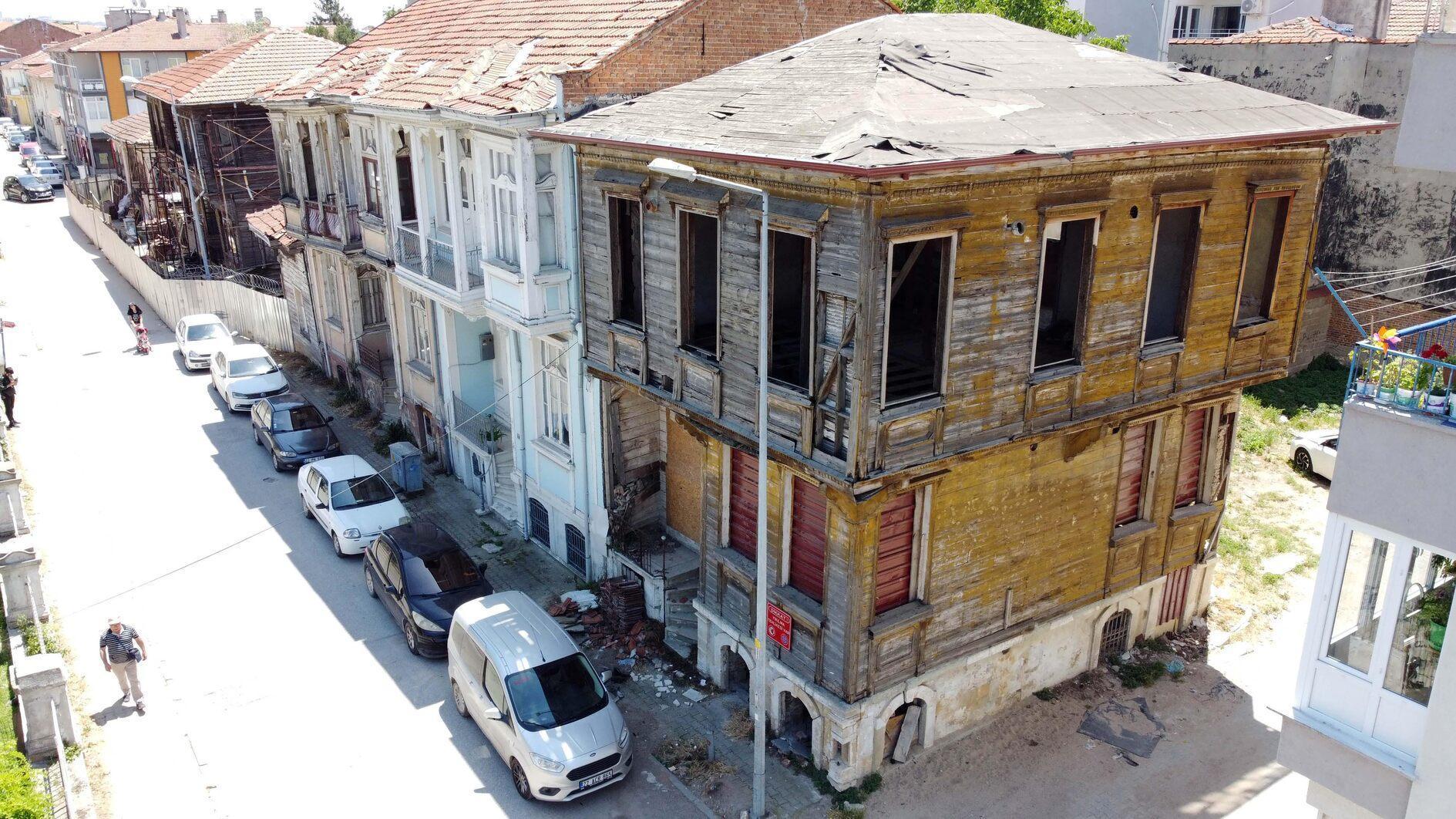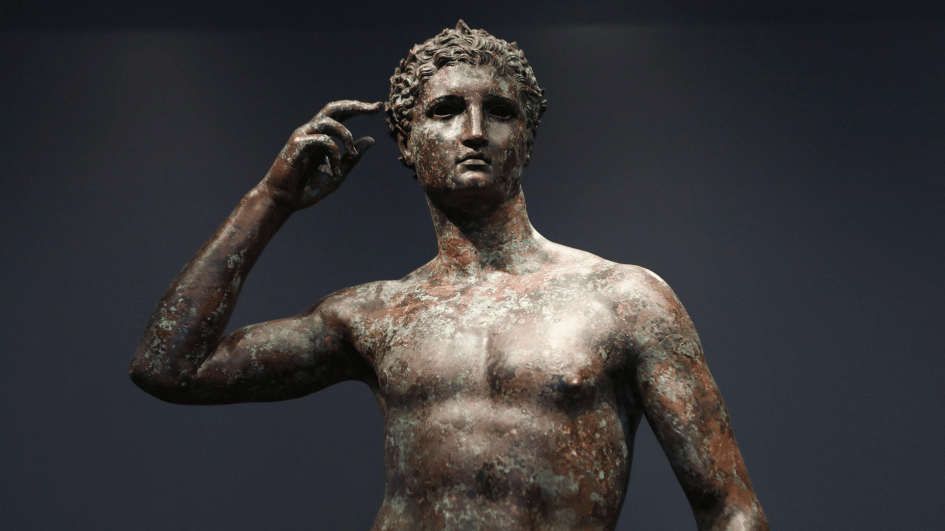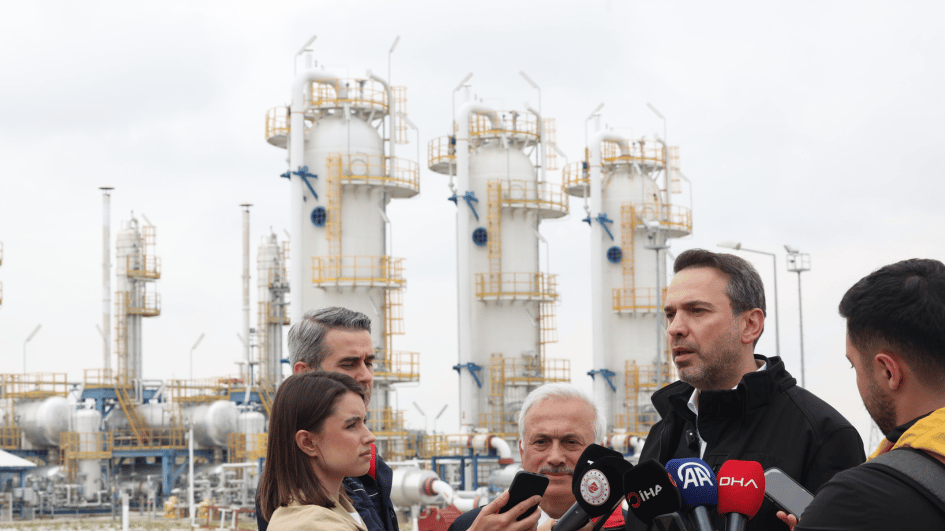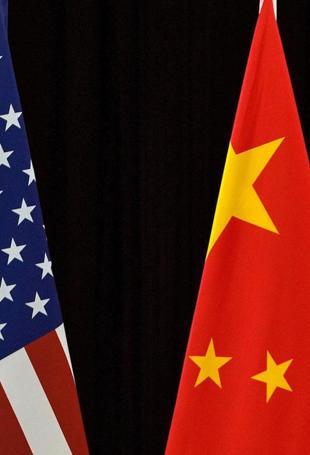As tension rises in Ankara, questions remain unanswered
It was a typical Tuesday in Ankara yesterday, with four political parties holding their parliamentary group meetings, each one adding new bricks upon the political tension in the capital as all leaders accuse each other in the most severe ways. Key items on the agenda included the arrest of former top commander İlker Başbuğ, legal action against Republican People’s Party (CHP) Chairman Kemal Kılıçdaroğlu and the killing of 35 smugglers mistaken for terrorists.
As part of the well-known characteristic of Turkish politics, discourse of political leaders was again far from bringing about a visionary outlook to the issues affecting Turkey, the Middle East and the entire world. Unsurprisingly, they did not even get closer to the answers millions of Turks are looking for on crucial developments.
The most important question still lingers: Who provided the wrong intelligence which led to the deaths of 35 people on the Iraqi-Turkish border? The National Intelligence Organization (MİT) several times denied it did not share intelligence regarding the targeted group Dec. 28, 2011. Deputy Prime Minister Beşir Atalay, responsible for the counter-terrorism at the Cabinet, preferred to remain tight-lipped on the assertion “the intelligence came from a foreign intelligence service.”
It is a must for the government to swiftly find out where this intelligence came from to take action and to publicize its findings in a proper way. It should not use this tragic event as a new basis to attack pro-Kurdish political parties, which have already been cornered in many ways.
Another question is that of the arrest of Başbuğ. At a breakfast meeting with Atalay, who worked with Başbuğ in previous governments, a colleague of ours asked whether “he observed any illegal moves of the former top commander who is accused of heading a terrorist organization aiming at toppling the government.”
But, the heart of the matter was struck by Kılıçdaroğlu’s question: “I would like to ask now: If chief of General Staff is a terrorist, what is the prime minister?”
Başbuğ’s arrest for his alleged links with the ongoing Internet Memorandum case depicts a very odd picture from whichever angle one is looking at the issue. Başbuğ, retired from the Army Aug. 26, 2010, after two years service as the top commander, another two years as the land forces commander and deputy chief of General Staff. A criminal complaint on charges against him was made Dec. 30, 2011, a day after the court case of the Internet Memorandum, which was launched nearly two years ago, and two days after the Uludere incident.
Three questions: What is the evidence that necessitates Başbuğ’s arrest even though he was never mentioned in the indictment? Is the arrest of Başbuğ an effort to redirect the agenda from the Uludere tragedy? And lastly, even though it is known these websites were founded long ago and were run by former top commanders like Hilmi Özkök and Yaşar Büyükanıt, why did the arrest campaign only work for Başbuğ who, in fact, was the one who ended this smear campaign in the first place?











